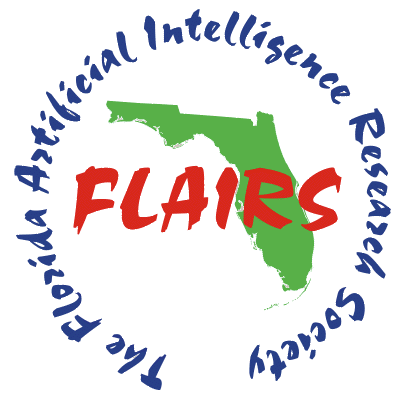Intelligent Infrastructure Facilitating Sequence Recommendation for Cybersecurity Education Systems
DOI :
https://doi.org/10.32473/flairs.37.1.135522Mots-clés :
federated knowledge graphs, large language models, cybersecurityRésumé
The ability to incorporate original and adapted data into query-based storage structures to provide dynamic and timely service to sequence recommendation systems is a continuous goal of learning management systems. This can be a challenging goal when data integrity and student privacy are paramount. We are developing a hybrid machine learning-assisted system (CyberTaliesin) for cybersecurity educational support. In this poster, we present the early building blocks of the system involving the use of federated knowledge graphs as a trusted knowledge source capable of learning from “less restricted” models such as large language models. How can integrating these tools yield a flexible system that improves sequence recommendations, facilitates concepts such as adaptive and personalized learning, and achieves improved competency-based educational outcomes?
Téléchargements
Publié-e
Comment citer
Numéro
Rubrique
Licence
© Eric L. Brown, Douglas A. Talbert 2024

Cette œuvre est sous licence Creative Commons Attribution - Pas d'Utilisation Commerciale 4.0 International.


